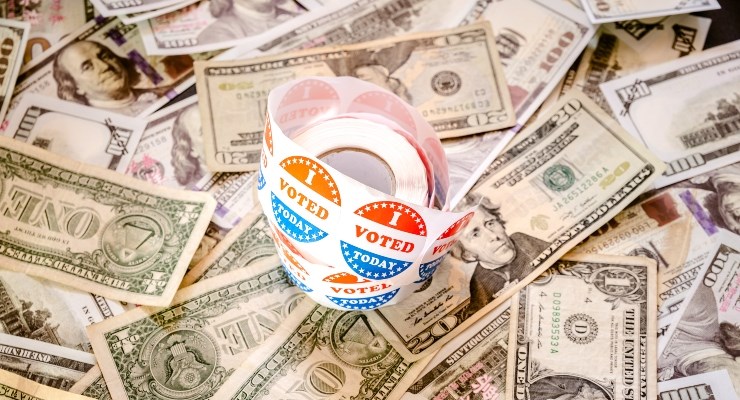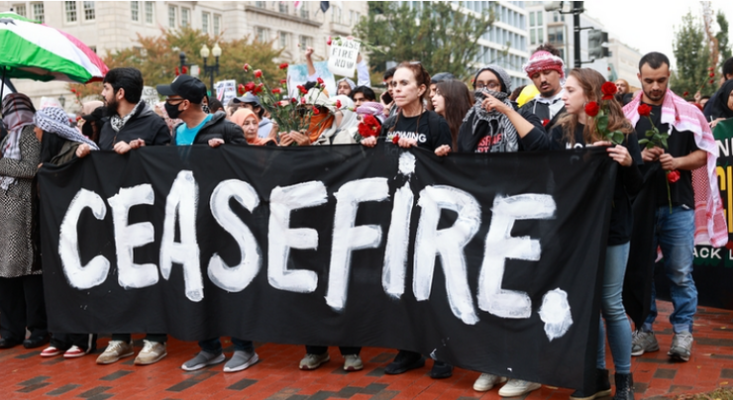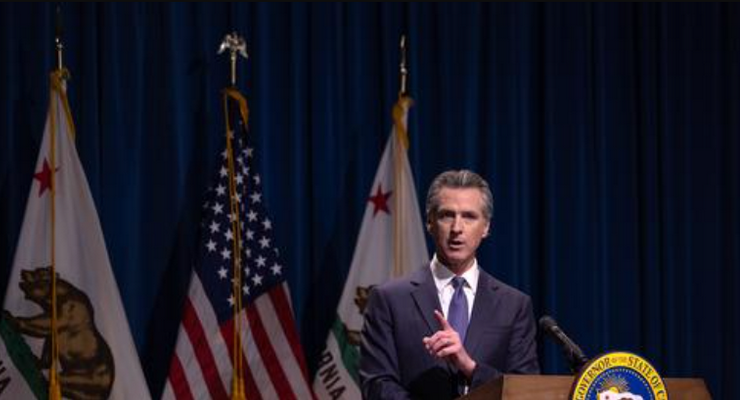 The Time is Always Right to do What is Right
The Time is Always Right to do What is Right
- Martin Luther King
Legal cannabis has become big business in 33 states and the District of Columbia. There are an estimated 55 million Americans that regularly use cannabis. The total U.S. economic impact from marijuana sales in 2021 is expected to reach $92 billion – up more than 30% from last year – and upwards of $160 billion in 2025.
But not everyone is benefitting from the cannabis boom. As more and more people race to cash in, it is becoming apparent that African Americans in particular are being left behind. According to a BuzzFeed report, just one percent of America’s cannabis dispensaries are black-owned. Many African Americans are concerned that a lack of access to capital and systematic economic racism will exclude them from the burgeoning cannabis industry in the same way they’ve been excluded from other business opportunities in the past.
Given the history of cannabis prohibition in the United States – a history rooted in the deliberate demonization and criminalization of Black and Latino men – it’s clear that barring access to people convicted of nonviolent drug crimes ends up reproducing many of the same racial inequalities that have characterized cannabis laws for decades. Poor, black communities have arguably been impacted the most by the “war on drugs.” Yet they’ll likely have the least presence in the legal cannabis market since they can’t afford to buy retail licenses and open stores.
The California State NAACP has expressed its “unconditional support” for the legalization of cannabis. Alice Huffman, former president of the California State NAACP, has said “creating a legal, responsible and regulated framework for marijuana is a predominant civil rights issue and it’s long overdue.”
African Americans are arrested for cannabis possession offenses in California’s 25 largest counties at more than twice the rates of Caucasians. In Pasadena, the overwhelming percentage of arrests and convictions for cannabis offenses have historically been persons of color. It is beyond dispute that African Americans and Latinos have been arrested and convicted for cannabis offenses in Pasadena at a rate which is disproportionate to their usage.
Social Equity Programs associated with the legalization of cannabis have given low income individuals who have been disproportionately impacted by the “war on drugs” a chance to share in the benefits of legalization. For example, the City of Los Angeles has adopted a Social Equity Program that offers priority application processing and business support to low income individuals with records of cannabis arrests and convictions.
Recreational cannabis was legalized in 2016 in California with the promise that the industry would be built around small and medium size businesses. The goal was to protect existing small and medium size businesses, especially those in the black market, from being crushed by well-financed conglomerates (“Big Cannabis”) and give them an opportunity to transition to the legal, taxable market. However if the cost and regulatory requirements of entering into the legal cannabis industry are set too high, small and medium businesses will continue to operate illegally.
Contrary to the intent of the State law, Pasadena has approached the legalization of cannabis by favoring Big Cannabis over existing local small businesses. Pasadena has intentionally created a lucrative oligopoly for deep-pocketed operators who can afford to pay exorbitant rents and hire lobbyists and lawyers to do their bidding. Pasadena should level the playing field and incentivize local businesses to move from the black market to the legal, taxable market. In order to create a more inclusive and diverse legal cannabis industry, Pasadena also needs to modify its overly costly and restrictive regulatory requirements.
We look forward to the discussion of a Social Equity Program in the EdTech Committee in the coming weeks. Social justice without economic justice is a hollow promise.
Allen Edson is the president of the Pasadena NAACP, his opinion does not reflect the opinion of the organization.














 0 comments
0 comments


